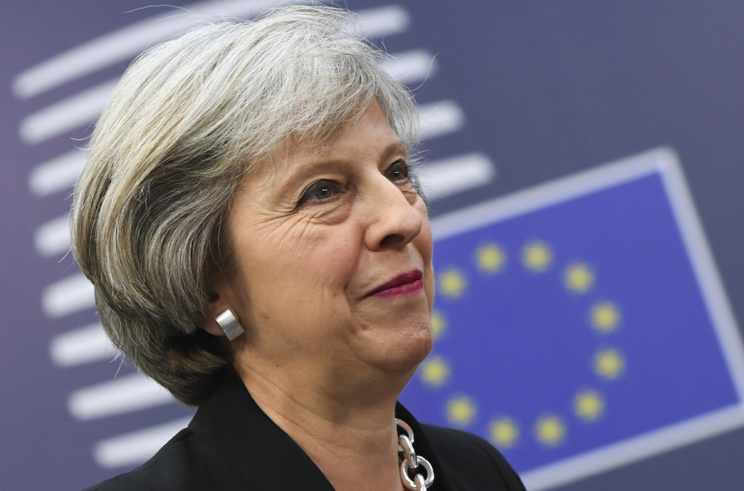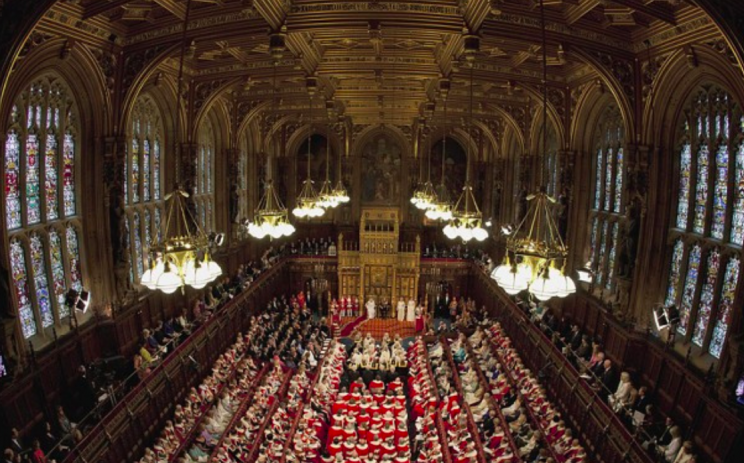What happens after Brexit to EU citizens?

One of the most thorny issues surrounding Brexit right now is what will happen to EU citizens living in the country after we leave.
Last week, Prime Minister Theresa May was dealt her first blow when the House of Lords said ministers should guarantee the right for EU nationals to stay in the UK after it leaves the European Union.
Ministers have so far been hesitant to make the guarantee to the roughly 3 million people who have lived in the country for years.
This has led some critics to accuse the government of bargaining with people’s lives when it comes to Brexit.

Why won’t Theresa May guarantee the rights of EU citizens after Brexit?
Mrs May has insisted that such a guarantee should only be made if Brussels makes the same pledge for the 1.2 million Britons currently living across the continent. But critics say she should take the moral high ground and make that promise before any negotiations – effectively forcing Brussels to make the same promise back.
Is her position supported by all Brexit backers?
Not entirely – the cross-party Commons Brexit Committee has demanded that the PM issues a “unilateral” guarantee to EU citizens. This is backed by leading Tory Eurosceptics including prominent Leave campaigner Michael Gove and former minister Dominic Raab.
MORE: Flat-pack it in: Ikea unveils new furniture that snaps together ‘like a jigsaw’
MORE: Lorry driver, 93, driven to his funeral on the back of a HGV in perfect send off
Will the government simply throw people out of the country?
This is not likely to be the case. While Theresa May has repeatedly refused to guarantee their rights to stay, a mass expulsion would be politically toxic for the Conservatives, who would be fighting for re-election in 2020.
Is the House of Lords amendment set in stone?
Put simply – no. The government does not need to roll over and simply accept defeat, and will instead fight to reverse the decision when the bill – which gives the Prime Minister the right to trigger Article 50 and start the process of Brexit – returns to the House of Commons.

How will EU citizens be able to remain in the UK?
Anyone wishing to stay will have to fill out an 85-page form to apply for permanent residency. They will have to pay a £65 processing fee for every single application – meaning a bill of hundreds for families. Immigrants seeking permission to remain in the UK will also have to provide documents as evidence of their life over here. These documents include financial records, letters from employers and details of every time they have left the UK, even for a holiday, since they first entered the country. The forms are estimated to take two weeks to complete in full.
Are more fees expected?
Possibly – the complex forms may require help filling out and immigration lawyers can command up to £1,000 to help applicants go through the process meticulously.

Are all EU migrants in Britain at threat of being asked to leave?
No – EU nationals who have lived in the UK for five years have a right to permanent residence, and will be able to stay in the country. The negotiations would centre on other EU nationals living in the country.
What about UK citizens working in the EU?
There is currently uncertainty about Brits working in Europe due to negotiations not having started yet. However, if the government chooses to impose work permit restrictions on EU nationals, other EU members would likely impose the same rules, meaning Brits would have to apply for similar visas to work.
What will happen to EU citizens who want to come to the UK to work?
The government may introduce a work permit system that limits entry to skilled workers in professions where there are shortages – similar to the current system that applies to non-EU citizens. Those who do come into the country as Brexit nears may not automatically be given the right to stay. Brexit Secretary David Davis suggested any “surge” in arrivals may result in a cut-off point.
Is there support from the public over guaranteeing the rights of EU citizens?
Yes. An ICM poll taken just after the referendum vote on June 23 last year found that 84% of the country – including 77% of Leave voters – supported the rights of migrants to stay in the country. A recent Opinium poll also found that just 5% of people think that EU nationals already living in Britain should be told to leave.
Top pic: Rex



